3 Best AI Voice Generators to Enhance Your Content in 2025
AI voice generators, once a concept of science fiction, have now become an integral part of our daily lives. These tools are used for everything from narrating videos to improving accessibility, offering realistic voices that mimic emotions and adapt to context. With so many options available, it can be overwhelming to choose the right one.
Not all AI voice tools are equal—some sound robotic, while others are complicated to use. In this article, we focus on 3 of the best AI voice generators that stand out for their quality, ease of use, and unique features for content creators and businesses alike.
ElevenLabs – Realism in Every Word
ElevenLabs has gained serious attention in the AI world for one reason: the voices sound uncannily real. This tool is all about realism. It goes beyond basic text-to-speech features and dives deep into vocal detail—intonation, pacing, tone shifts, and even emotional variation. It feels like you're hearing a real person reading the text, not just a machine pushing out syllables.
Getting started is straightforward. You just type or paste your script, pick from a wide selection of voices, and hit generate. What sets ElevenLabs apart is its ability to understand not just what you're saying but how you want it said. The tool uses deep learning to mimic emotional context, so a heartfelt message actually sounds heartfelt, and a cheerful line feels upbeat. It’s not just about words—it’s about delivery.
The platform also allows for voice cloning. You can upload your voice sample and train the AI to replicate it. This feature is a game changer for content creators who want consistent voiceovers without constantly recording new audio. The customization levels go deep, but the interface keeps it easy enough for beginners.
From YouTube creators to audiobook narrators, many are turning to ElevenLabs for professional-grade audio. It’s also being explored in education for narrated materials, which can be a huge asset for learners who prefer auditory content. If you’re after lifelike quality and emotional range, this is a solid pick.
Murf – Simple, Smart, and Professional
Murf is the AI voice generator that seems to sit right in the middle—good enough for professionals but simple enough for anyone. It's built with the idea that not everyone using voice tools is a sound engineer or a developer. Maybe you're a startup founder making a pitch deck or a teacher putting together an online lesson. Murf makes the process clean and intuitive.
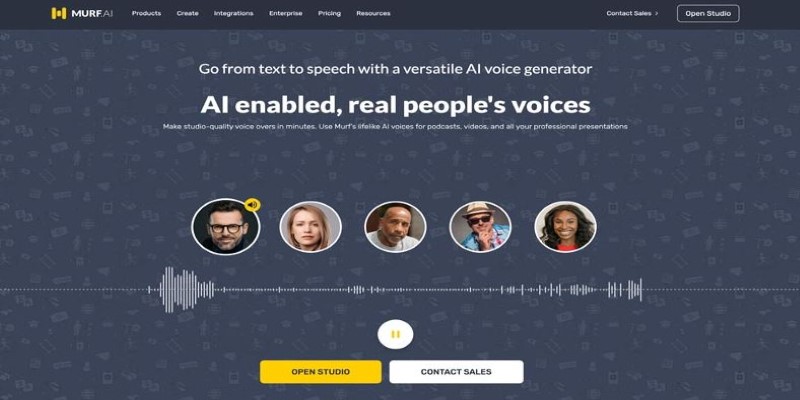
One of Murf’s biggest strengths is its built-in voice editing studio. Instead of just generating an audio file, it lets you work with your voiceover inside a full editor. You can adjust pitch, pace, and emphasis directly on the timeline. If you want to match your voiceover to visuals or create pauses for dramatic effect, the studio makes it really easy. This kind of control isn’t something most tools offer unless they’re far more complicated.
The voice quality is impressive. It doesn’t try too hard to sound overly expressive, but it’s natural and clean enough to work for most use cases. You can choose from a variety of accents and tones—American, British, Australian, and even some non-English languages. This gives it a global edge, especially for businesses working with multilingual audiences.
Another area where Murf shines is team collaboration. If you’re working on a group project or content campaign, multiple users can access and edit the same voice project. That’s rare in this space, and it adds a level of flexibility that’s helpful for agencies or educational teams.
It also integrates with tools like Google Slides, so you can add voiceovers to presentations without ever leaving the platform. It’s not flashy, but it’s functional—and in many cases, that’s exactly what you need.
PlayHT – Versatile and Scalable Voice Creation
PlayHT is the quiet performer in the group. It doesn’t make a lot of noise, but it delivers where it counts—especially in versatility and scaling. Built for both individuals and enterprises, it offers one of the most complete packages when it comes to text-to-speech generation. From bloggers and podcasters to software developers and marketers, there’s something for everyone.

What makes PlayHT stand out is its range. You’re not limited to a handful of voices. Instead, you get access to over 800 AI-generated voices across more than 130 languages. That level of variety makes it incredibly useful for global content projects, customer service tools, and accessibility-focused products. The tool lets you preview voices before generating, so you’re not wasting time waiting for something you won’t use.
The platform also focuses on speed. It generates audio quickly, even for long scripts. Once you have your audio, you can export it in multiple formats—MP3, WAV, and others—ready to drop into your content or app.
For those working with voice-based applications or chatbots, PlayHT’s API access is a big deal. You can integrate voice generation into your apps and services, bringing dynamic voice content to your users in real-time. That's particularly useful in customer support, accessibility tools, and education platforms.
PlayHT also provides voice cloning, although it's a bit more locked behind higher pricing tiers. Still, it's a valuable option for companies needing branded voices or unique sound identities. And for regular creators, its basic features still hit the mark.
Conclusion
AI voice generators have revolutionized how we create audio content, offering realistic, lifelike voices for a variety of applications. Whether you choose ElevenLabs for emotional depth, Murf for simplicity and control, or PlayHT for versatility and scalability, each tool brings unique benefits. These platforms have made voiceovers more accessible, efficient, and customizable than ever before, enabling creators, educators, and businesses to enhance their content without the need for professional recording equipment. With continued advancements, AI voice generation will only get better, making it an invaluable resource for anyone needing high-quality audio quickly.
Related Articles

The 4 Best AI Website Builders for Effortless Website Creation

How to Change Video Frame Rate: 5 Best FPS Converters
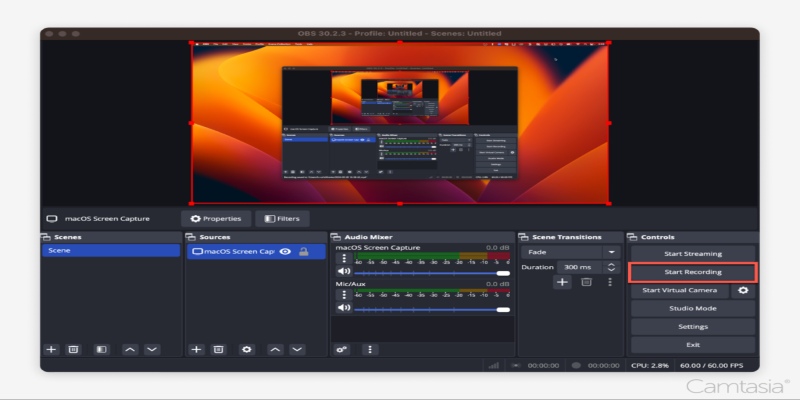
Master OBS Recording in 2025: Best Settings for Smooth Performance

Top 5 Media Converters for Mac – Fast and High-Quality Conversion

How Can I Find the RSS Feed of a Website?

Proposal Software For Marketing

Learn to Convert SQL Data to JSON Format Easily Using Free Tools
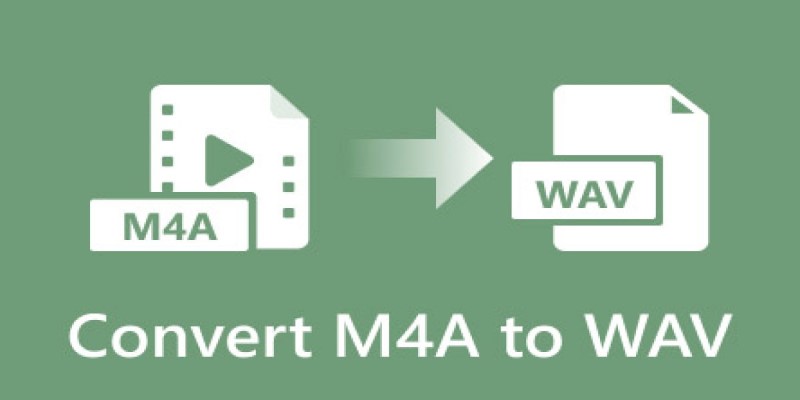
7 Best M4A to WAV Converters for High-Quality Audio Transformation

IP Scanning Essentials for Smarter Network Management
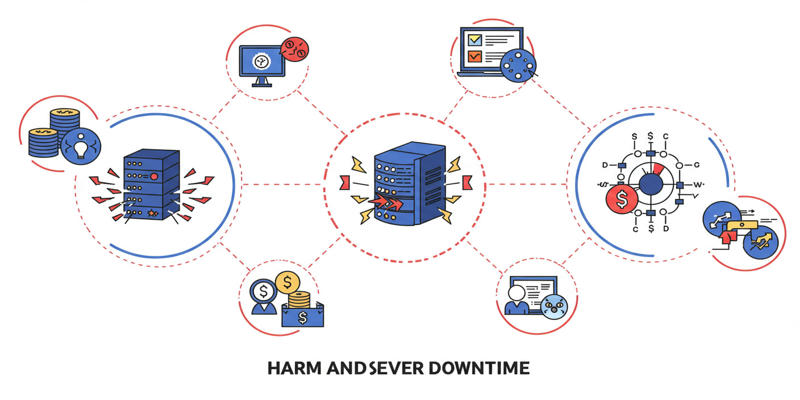
Uptime Monitoring With Better Stack

Bandwidth Monitoring Tools That Actually Help at Home
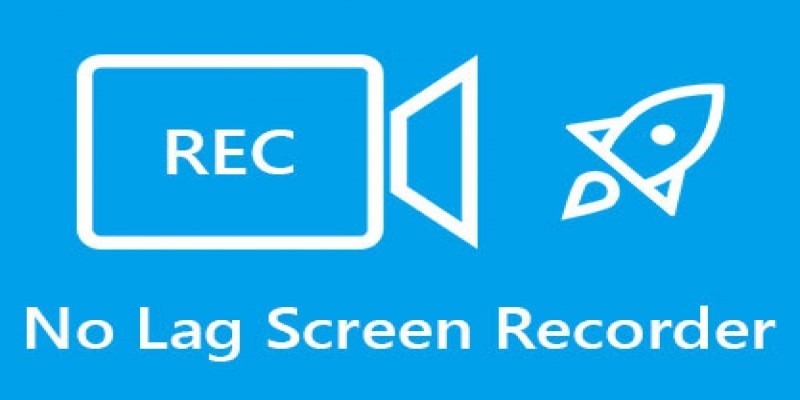
 knacksnews
knacksnews